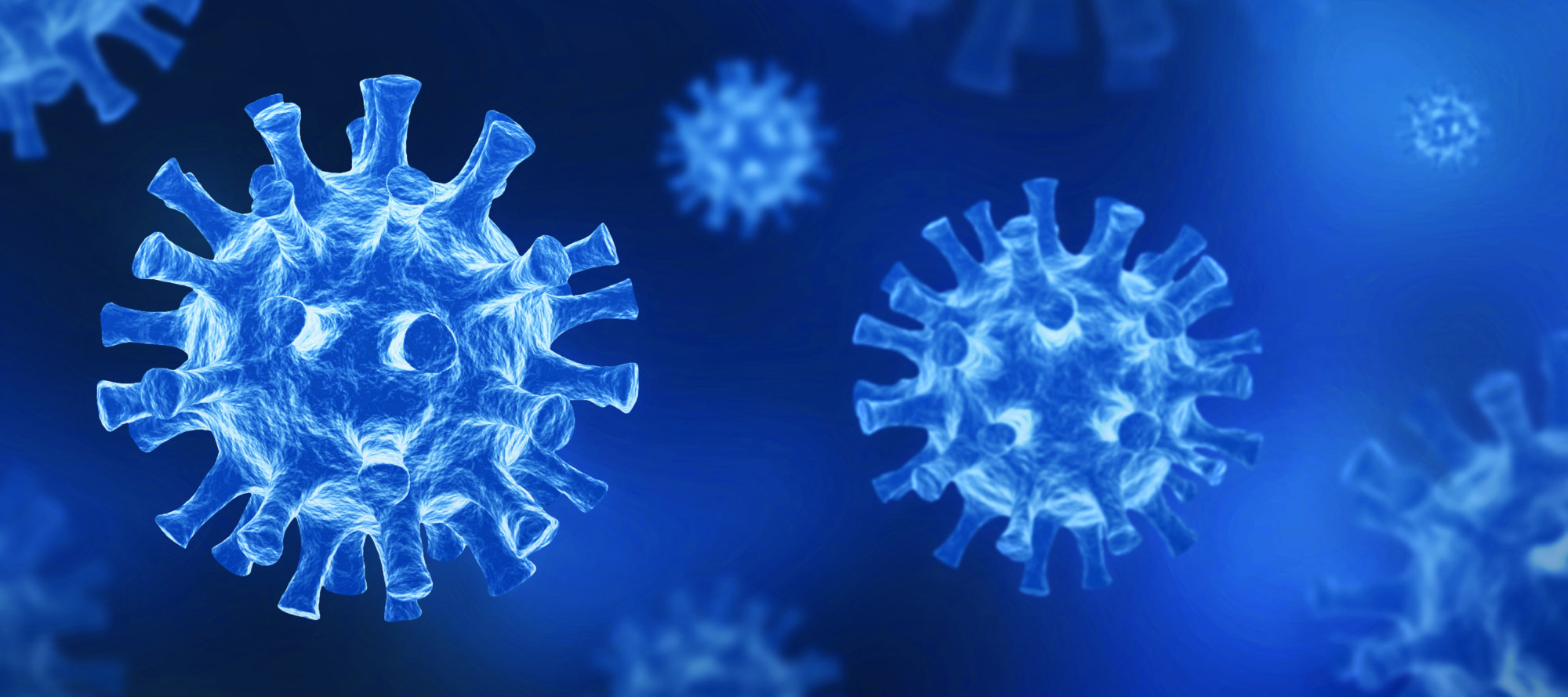Conducting multidisciplinary research is a hallmark of work done through Baylor Scott & White Research Institute (BSWRI). At Baylor Scott & White Health, multiregional research collaborations extend across the integrated health system. One such endeavor is the COVID Recovery Clinic, which was recently recognized with the 2022 Internal Medicine Research Award from the Society of Critical Care Medicine (SCCM).
The team’s abstract, titled Clinical Characteristics of COVID Recovery Clinic Patients in an Integrated Health System, was among thousands received and vetted by SCCM. The work was selected for its evidence-based insights surrounding the care of critically ill patients and families and its contributions to the emerging science on COVID-19 recovery services.
SCCM is the largest non-profit medical organization dedicated to promoting excellence and consistency in the practice of critical care – and it carries the distinction of being the only organization with a global presence that represents all professional components of the critical care team.
“To have SCCM recognize our work is an honor,” said BSWRI research investigator Valerie Danesh, PhD, RN, FAAN. “Our abstract was selected by members of the Internal Medicine section from more than 1,700 other submissions. This award reinforces the power and potential that exists when our clinical, operations, and research teams come together at Baylor Scott & White.”
About the COVID Recovery Clinic
Baylor Scott & White Health (BSWH) initiated a COVID Recovery Clinic in November 2020 to serve BSWH patients experiencing symptoms beyond the acute phase of an expected course of COVID-19 illness. The program supports BSWH primary care providers and patients by offering comprehensive patient evaluations and specialist referrals to accelerate shared learning, promote value-based care delivery, and increase quality of care to patients with prolonged recoveries from COVID-19.
The COVID Recovery Clinic team is comprised of group of approximately 25 clinicians. The group’s work through this program has resulted in referrals from more than 400 primary care clinicians across more than 160 departments and 130 BSWH clinics. Operational implementation of referrals to the COVID Recovery Clinic are accessible to BSWH Primary Care teams for patients with prolonged symptoms. Post-acute sequelae of COVID (PASC) include neurocognitive deficits, rash, thromboembolic conditions, shortness of breath, chest pain, headache, depression, anxiety, diarrhea, joint pain and/or fatigue.
Aligning Clinical Insights with Research Rigor for Patient Recovery
COVID Recovery Clinic services became a compelling need as cases of post-acute sequelae of COVID (PASC), also known as long COVID, became more prevalent. As a result, the need to rapidly disseminate clinical insights, promote shared learning around value-based care delivery and circulate best practices to provide the highest quality of care during the pandemic took on even greater priority.
This urgency led to the creation of the BSWH COVID Recovery Clinic and the team’s almost immediate collaboration with BSWRI’s Center for Applied Health Research to align clinical insights with applied research methods.
Through their shared efforts, the COVID Recovery Clinic team has been able to distribute clinically relevant data summaries internally and externally that offer early insights, as well as care and recovery trends relevant to patients across different regions and populations.
“COVID-19 is unique in that clinicians and researchers across the globe are collaborating and learning the pathophysiology of a new disease process simultaneously,” explained Tresa McNeal, MD, FACP, SFHM, who helped lead clinical integration for the program. “Through the work of the COVID Recovery Clinic team, we’re contributing to those efforts specific to the post-acute sequelae of COVID-19 (PASC). Our team is building on the research conveying the overall frequencies and types of these residual ‘after-effects’ of COVID-19, by reporting specifically on the frequencies and types of issues that are prompting patients to seek specialized recovery care for persistent symptoms affecting daily life.”
Looking ahead, the COVID Recovery Clinic team plans to expand its efforts to assess for “clusters” of post-acute sequelae of COVID-19, a line of research they believe will help generate additional actionable insights to provide back to clinicians and patients. They are also planning to advance the current clinical understanding of the underlying implementation science components of clinic operations by considering patient engagement characteristics and examining the geographic reach of entirely virtual clinic options.
Read more about the program here.



